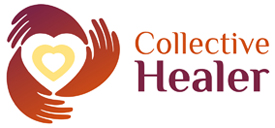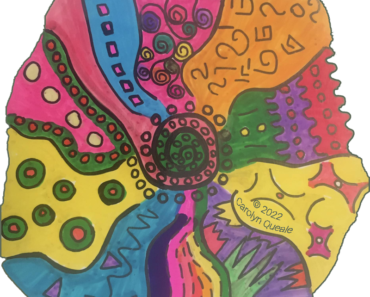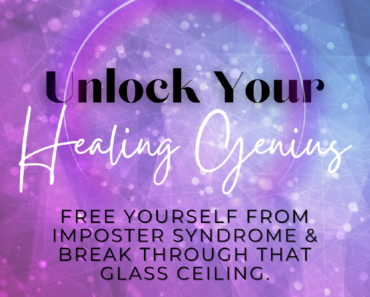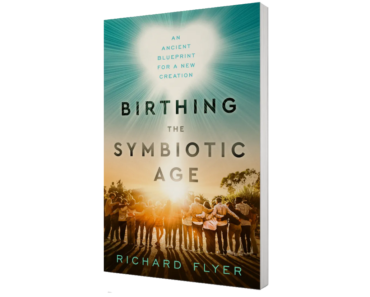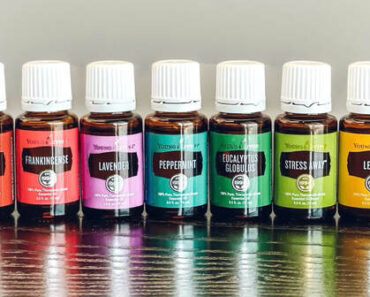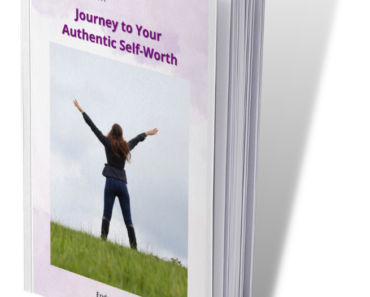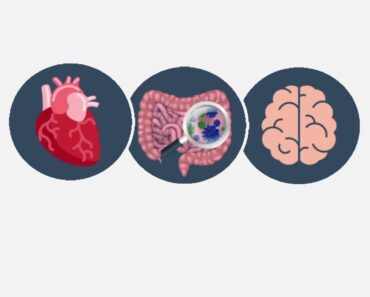by Sarah Dawkins
Today, we’re embarking on a journey to tackle one of humanity’s oldest and most personal aspirations: ending our own suffering.
Suffering is an inherent part of the human experience. It can take many forms: physical pain, emotional distress, and existential angst.

But what if we could find ways to alleviate our personal suffering? Is it even possible?
Let’s explore this topic from different perspectives: philosophical, psychological, and practical.
Starting with the philosophical roots of personal suffering, many traditions have long pondered the nature of suffering and its cessation.
In Buddhism, the Four Noble Truths provide a framework:
- The existence of suffering
- Its cause
- Its end
- The path leading to its end
The idea is that by understanding and addressing the root causes of suffering — such as attachment, desire, and ignorance — we can find personal liberation.
And, according to Buddha, “The root of suffering is attachment.”
In Stoicism, the focus is on how we perceive and react to events.
The Greek Philosopher, Epictetus famously said, “It’s not what happens to you, but how you react to it that matters.”
So, by cultivating a mindset that accepts the things we cannot change and focuses on our own responses, we can reduce our personal emotional suffering.
Moving from philosophy to psychology, modern science offers insights into how we can mitigate personal suffering. Positive psychology emphasizes the importance of fostering resilience, gratitude, and mindfulness. Practices like meditation and cognitive-behavioral techniques can help us manage stress, reduce anxiety, and build a more optimistic outlook on life.

Mindfulness involves paying attention to the present moment without judgment. This practice helps us become more aware of our thoughts and feelings, allowing us to respond to situations more calmly and effectively. By acknowledging and accepting our experiences, we can reduce the power that negative emotions have over us, thus diminishing our personal suffering.
So, mindfulness is not about eliminating negative experiences rather it is about changing our relationship with them. It’s about creating a space between our experiences and our reactions, giving us more control over how we respond and how much we let those experiences affect us.
Ok, now let’s talk about practical steps we can take to reduce personal suffering.
This involves cultivating habits and practices that promote mental and emotional well-being. Regular exercise, healthy eating, adequate sleep, and nurturing social connections are fundamental to this.
Another important aspect is self-compassion and the importance of treating ourselves with the same kindness and understanding we would offer to a good friend in times of suffering. This means recognizing our shared humanity, being kind to ourselves, and mindfully acknowledging our struggles without over-identifying with them.
One practical exercise we can do is the “self-compassion break.”
When you’re feeling overwhelmed, take a moment to pause and say to yourself, “This is a moment of suffering. Suffering is a part of life. May I be kind to myself in this moment. May I give myself the compassion I need.”
Another powerful tool is journaling. Writing about our thoughts and feelings can help us process and understand our experiences, leading to greater clarity and emotional relief.
As we wrap up, let’s reflect on the idea that while ending all personal suffering may seem like an unattainable goal, every step we take toward reducing it is meaningful. By addressing suffering in our own lives and extending compassion to ourselves, we can create ripples of positive change that improve our overall well-being.

This is the transcript for Episode 77 of the podcast Heal Yourself with Sarah Dawkins. It can be accessed on most podcast channels like iTunes, Spotify, and YouTube.
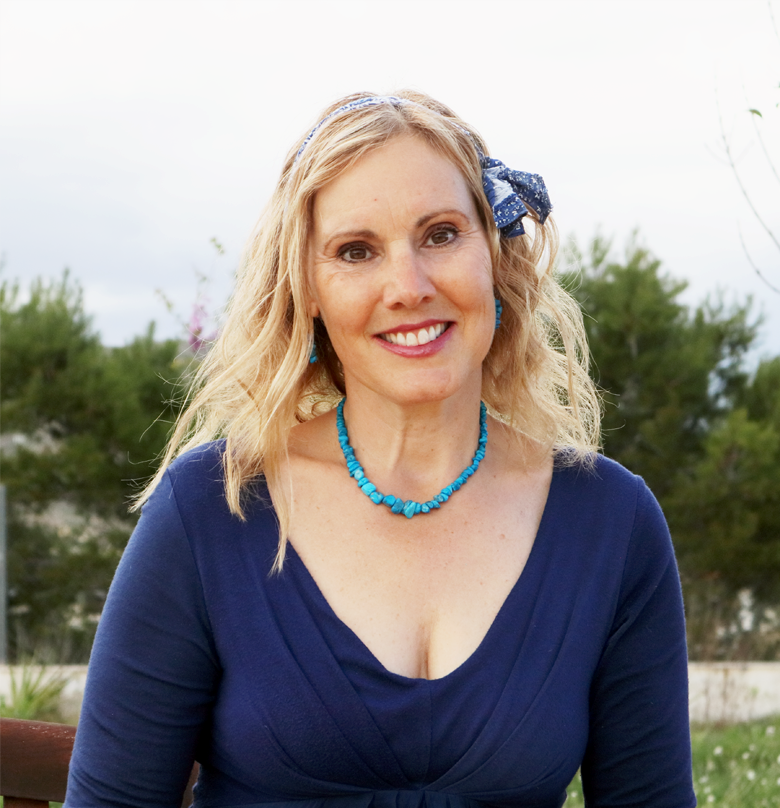
Sarah Dawkins, MSc, Accredited Master Coach
Sarah is a Holistic Health and Healing Coach, Keynote Speaker, the Author of Heal Yourself, a Multi-Award-winning entrepreneur, and previously, she was a Registered Nurse for twenty years. Sarah has extensive experience in health and wellness from her many years in nursing and her insatiable drive to improve overall health through nutrition and natural means.
After naturally self-healing a multitude of health issues, Sarah understands what it is like to be sick. She uses the knowledge gained through her own personal healing journey and experience as a nurse to take a holistic approach in her work.
Through an exploration of her client’s lifestyles and beliefs, Sarah supports them to find and heal the root cause of their health problems, thereby improving their health and ultimately their lives.
When she’s not working, Sarah can be found outside in nature or in the kitchen.
